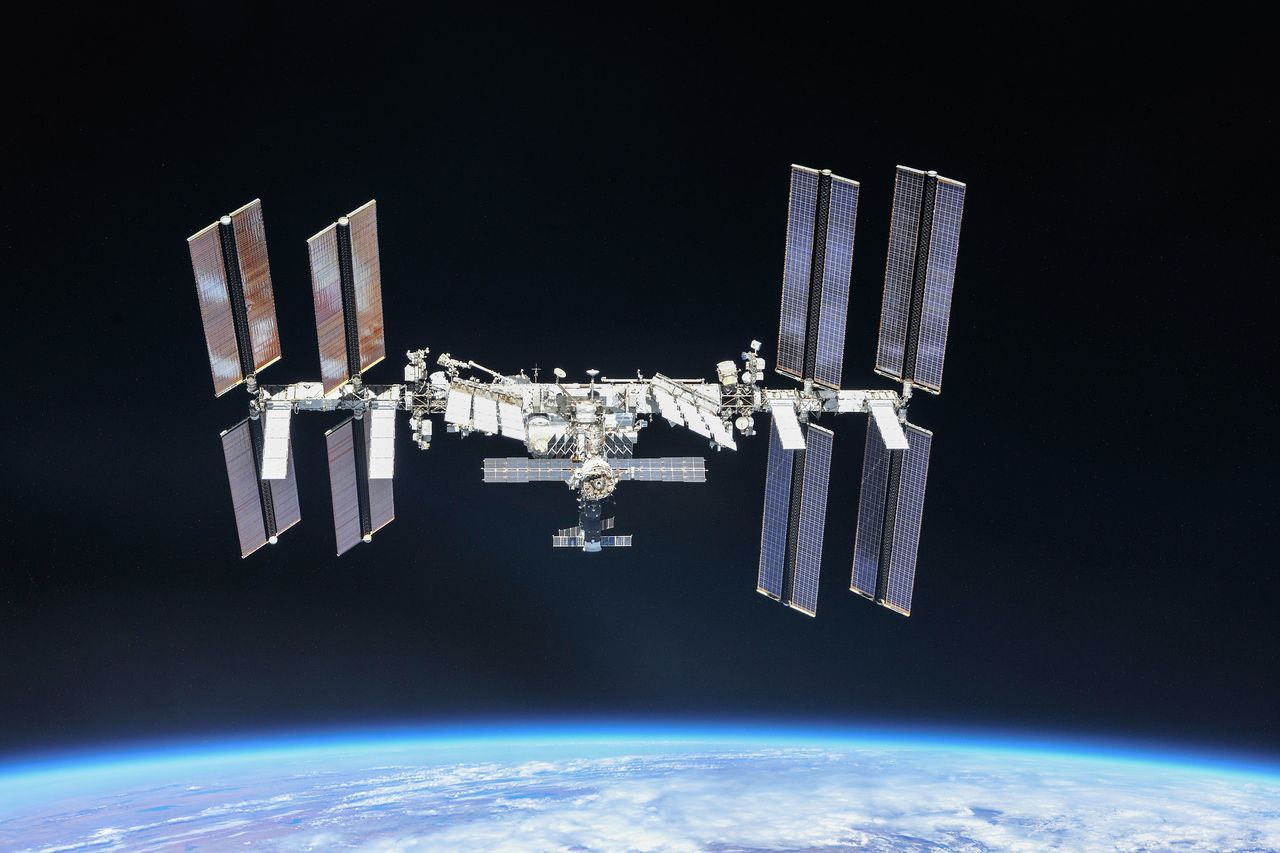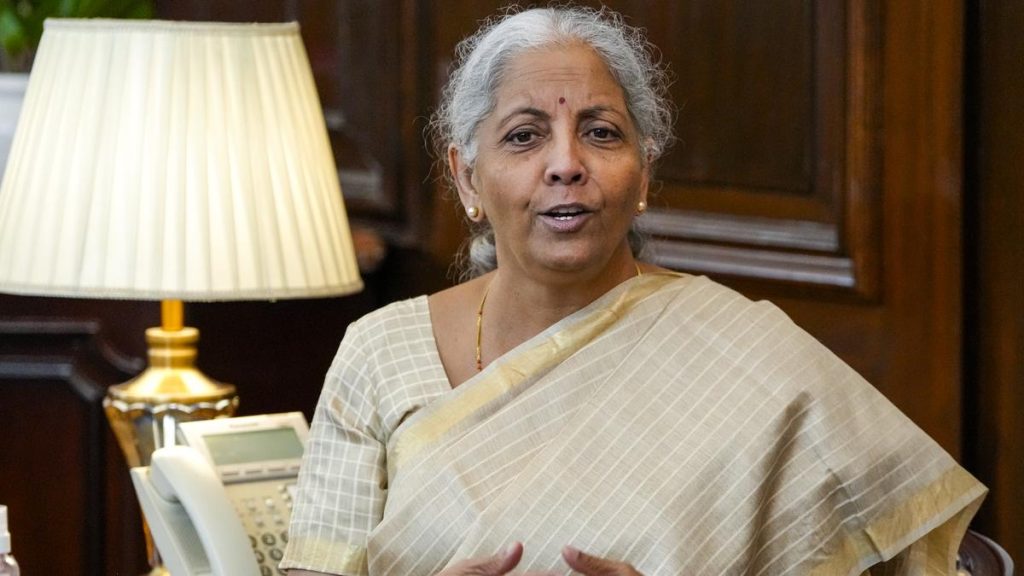Now Reading: Study Finds Rapid Aging of Human Stem Cells in Space
-
01
Study Finds Rapid Aging of Human Stem Cells in Space
Study Finds Rapid Aging of Human Stem Cells in Space

Fast Summary
- A study published in the Cell Stem Cell journal reveals that spaceflight induces accelerated aging-like effects on hematopoietic stem and progenitor cells (HSPCs), which are vital for blood and immune system health.
- The effects include DNA damage, reduced ability to generate healthy new cells, increased cellular stress, inflammation, and shorter telomeres-protective chromosome ends.
- Key stressors impacting HSPCs during spaceflight were microgravity and radiation exposure. the study was conducted using HSPCs sent to the International Space Station (ISS) aboard SpaceX Dragon spacecraft during resupply missions.
- Some spaceflight-related damage appeared reversible when cells were placed back in a “young, healthy environment” on Earth.
- This research builds on prior findings from NASA’s Twins Study with astronauts Scott Kelly (spent nearly a year in space) and Mark Kelly (remained on Earth). The Twins Study observed similar molecular changes but highlighted resilience in recovery post-spaceflight.
- for this new research, advanced techniques like AI-powered imaging tools monitored changes over 32 to 45 days of cell culture aboard the ISS.
- UC San Diego has led 17 ISS-related missions so far with plans for additional studies focusing on real-time monitoring of molecular changes during long-duration flights and devising countermeasures.
Indian Opinion Analysis
The findings present significant challenges for India as it ventures deeper into human space exploration through its Gaganyaan program.Prolonged exposure to microgravity and radiation could pose health risks to astronauts embarking on longer-duration missions.India’s ambitions for lunar or Martian expeditions will demand focused investments in biomedical research related to human physiology under extreme conditions.
This study serves as both an early warning signal and an opportunity. With global interest converging around deep-space exploration beyond low-Earth orbit, including potential collaborations between ISRO, NASA, ESA, or private entities like SpaceX, advances in mitigating biological risks could offer shared benefits. Countermeasure development-such as optimizing astronaut training environments or exploring protective pharmaceuticals-is expected to become critical.
India should emphasize building long-term partnerships with academic institutions engaged in cutting-edge biospace investigations while setting up indigenous capabilities for real-time astronaut health monitoring infrastructures akin to those employed by UC San Diego researchers.
these insights underline how research conducted aboard existing platforms like the ISS creates valuable dual-use technologies-not only enhancing astronaut safety but also paving pathways toward improving healthcare solutions here on Earth.























